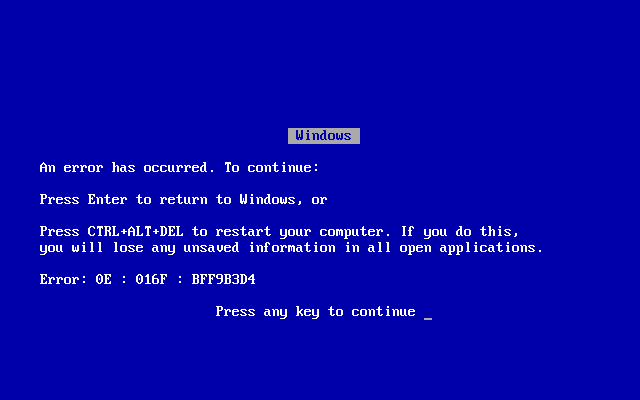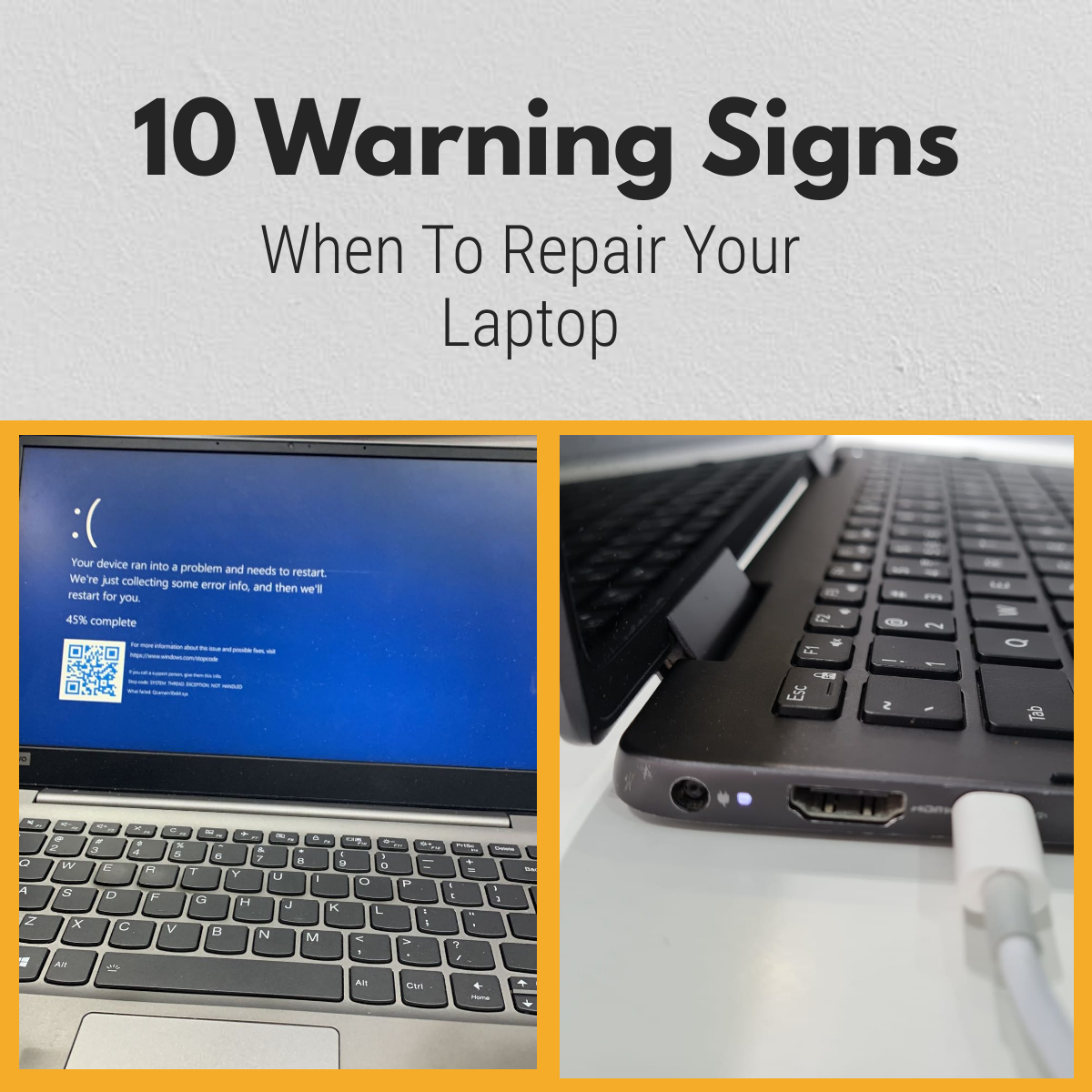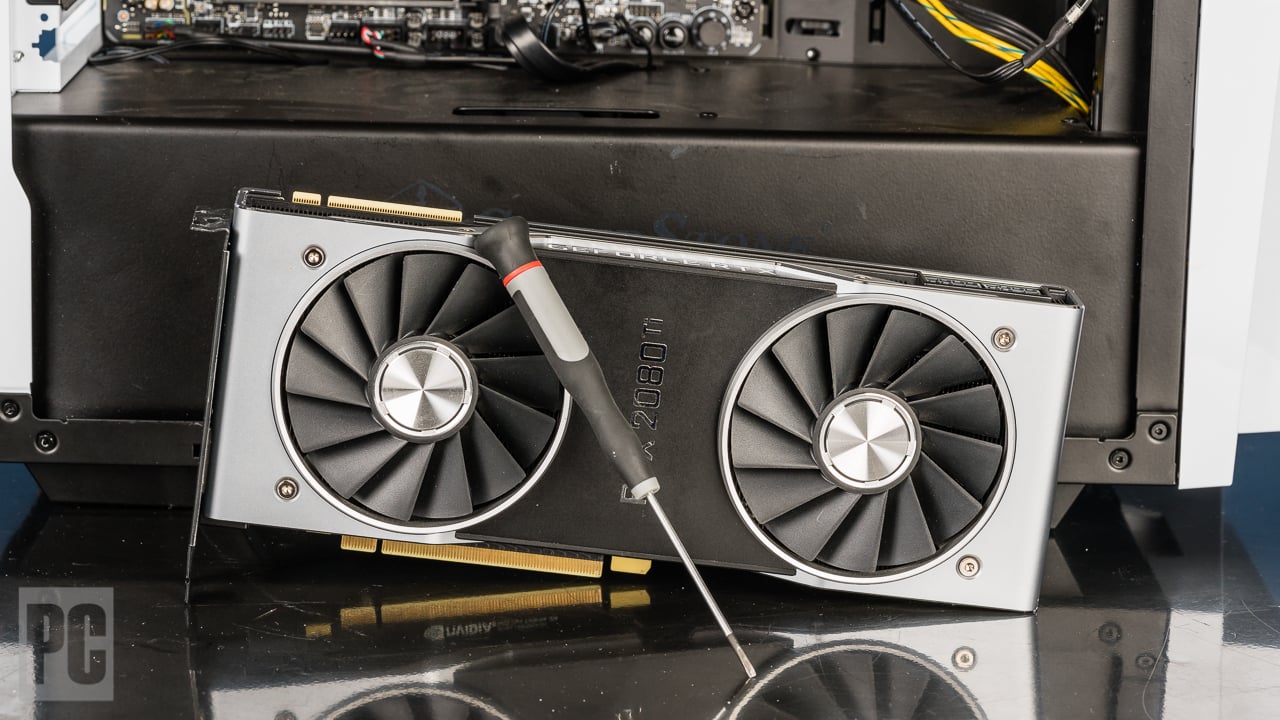Yes, an overheating CPU can cause a blue screen of death (BSOD). High temperatures may lead to hardware malfunctions, triggering this error.
Computers rely on CPUs for every task, making their stability crucial. An overheating CPU disrupts this stability, potentially causing system errors or a blue screen. These issues signal hardware struggles to operate within safe thermal limits. Thermal management, therefore, plays a pivotal role in maintaining the health of your system.
Blue screens serve as warnings, prompting users to address the root causes before permanent damage occurs. It’s essential to monitor system temperatures and ensure proper cooling solutions are in place. Keeping your system clean, using quality thermal paste, and ensuring adequate airflow can help prevent overheating issues. Ignoring such errors can lead to a shortened lifespan for your PC components and loss of productivity due to system downtime.

Credit: en.wikipedia.org
Heat Wave: Cpus And Blue Screens
Heat Wave: CPUs and Blue Screens – a tech menace that can strike any computer, often without warning.
Folks often find their screens turning an ominous shade of blue, thanks to a CPU pushed to its limits. Why does this happen? Let me guide you through the hazards of an overheating CPU and how it links to the dreaded blue screen phenomenon.
The Influence Of Temperature On Cpu Performance
CPUs are like athletes; they need the right conditions to perform. Extreme heat can cause a CPU to stumble, leading to slower performance and potentially a system crash. Here’s what you need to know:
- Throttling: As temperatures rise, CPUs slow down to cool off.
- Stability: Heat can cause errors in data processing, creating unstable system behavior.
- Longevity: Extended exposure to high temperatures can shorten a CPU’s lifespan.
Thermal Shutdown Vs. Blue Screen: What’s The Difference?
Your computer has two ways to cry for help when it gets too hot: Thermal Shutdown and Blue Screen. Let’s explore:
| Thermal Shutdown | Blue Screen |
|---|---|
| Immediate power-off to prevent damage. | Windows encounters a critical error and stops. |
| Doesn’t save any work, leading to potential data loss. | Tries to collect error information before shutting down. |
| Direct result of CPU or system reaching critical temperature. | Can be caused by various issues, including overheating. |
In essence, thermal shutdown is a protective reflex, whereas a blue screen is a cry for help when Windows gets overwhelmed, which can be due to heat among other things.
Decoding The Blue Screen Of Death
The Blue Screen of Death (BSOD) is a dreaded event for any computer user. This alarming screen is the telltale sign your computer has stumbled upon a critical error it couldn’t handle, forcing a shutdown to prevent damage. Recognizing the common triggers for these errors, like CPU overheating, can help you troubleshoot and fix the issue.
Common Error Codes Linked To Overheating
When your CPU overheats, you might encounter certain error codes on the BSOD. These codes offer clues about the underlying issues:
- 0x00000124: Related to a hardware error, often due to thermal issues.
- 0x0000009C: Signals a machine check exception, can indicate overheating.
- 0x0000000A: IRQL_NOT_LESS_OR_EQUAL, which may occur when the CPU is overtaxed from attempting to cool down.
How A Cpu Overheat Triggers System Failures
An overheating CPU can lead to system failures and the Blue Screen of Death. Here’s how:
- Excessive Heat: When the CPU gets too hot, it can start to make mistakes, leading to system errors.
- Thermal Shutdown: To protect itself from damage, the CPU may initiate a shutdown, which can cause data loss.
- Hardware Damage: Long-term overheating can damage components, causing them to malfunction and trigger a BSOD.
To keep your system cool, ensure proper ventilation, use quality thermal paste, and regularly dust your computer’s internals.
Case Studies: When Heat Leads To Halts
The life of our computers isn’t always cool and stable. Like a fever-stricken individual, a computer running too hot can fall into a state of disarray. This section dives into documented scenarios where heat has not only troubled the system but brought it to a complete standstill. Welcome to ‘Case Studies: When Heat Leads to Halts’.
Real-world Incidents Of Overheating Causing Blue Screens
Our tech forums and repair diaries are riddled with tales of overheating leading to the dreaded blue screen.
- Gaming Grief: High-end games pushed one user’s CPU past its limits. It resulted in a screen freeze followed by a blue screen.
- Video Editing Vexation: Professional editing software overheated another’s computer regularly until it blue-screened during a rendering session.
- Overclocking Overkill: Enthusiastic about boosting performance, an overclocker found his rig frequently crashing to a blue halt.
Lessons Learned From Overheating Episodes
Evaluating these incidents has taught us valuable lessons in preventing thermal meltdowns.
| Issue | Lesson |
|---|---|
| Inadequate Cooling System | Invest in superior cooling solutions, like liquid coolers. |
| Excessive Dust Buildup | Regular cleaning is essential to keep airflow unobstructed. |
| Poor Ventilation in Case | Ensure that the computer case supports efficient heat exit. |
| Overclocking Without Caution | Monitor temperatures when overclocking to avoid overheating. |

Credit: www.youtube.com
Temperature Control: Preventing The Blue Fade
Strong PC performance relies on staying cool. Overheating can lead to hardware damage and unwanted shutdowns. A CPU working at high temperatures might cause a dreaded blue screen, known as the Blue Screen of Death (BSOD). Proper temperature control is vital for preventing these blue fades and keeping your computer running smoothly.
Optimal Cooling Solutions For Cpus
To keep your CPU cool, consider these solutions:
- Quality Air Coolers: Have large heatsinks and fans.
- Liquid Cooling Systems: Offer superior cooling efficiency.
- Thermal Paste: Improves heat transfer between CPU and cooler.
- Case Fans: Enhance airflow within your PC’s case.
- Cable Management: Prevents air flow blockages inside the case.
Note: Every system is unique. Choose a cooling solution that fits your specific CPU model and usage.
Monitoring Software To Watch Cpu Heat
To track CPU temperature, use these monitoring tools:
- Core Temp: Monitors each core’s temperature in real-time.
- HWMonitor: Gives detailed info on temperatures and fan speeds.
- Speccy: Provides a quick summary of your system’s health.
Maintain a routine check to catch any heat-related issues early. Act fast if temperatures rise to keep your CPU safe from the blue fade.
Beyond The Blue: Long-term Effects Of Overheating
We all fear the blue screen of death. It’s often a sign your CPU is too hot. But what happens after the blue screen fades away? The effects of overheating can linger, sometimes causing irreversible damage. This post digs into the potential harm and explains why good cooling is essential.
Potential Damage Due To Recurrent Cpu Overheating
Continuous overheating can severely damage your CPU and impact computer performance. Let’s explore the types of damage it can cause:
- Thermal degradation: High temperatures break down internal components over time, reducing lifespan.
- System instability: Overheated CPUs can cause crashes and data loss, risking important files.
- Solder joint failure: Excess heat can melt solder on the motherboard, leading to hardware malfunctions.
Investing In Cooling: A Necessity, Not An Option
Proper cooling isn’t a luxury, it’s vital. Below, see why this investment pays off:
| Reason | Benefits |
|---|---|
| Enhanced Performance | Keeps your CPU at optimal temperatures for better speed and efficiency. |
| Increased Lifespan | A cooler CPU means your computer will last longer, saving you money. |
| Prevention of Data Loss | Avoids crashes that can cause loss of files and productive time. |
Ignoring the need for adequate cooling is risky. Selecting the right cooling system is an investment in your computer’s health and reliability.

Credit: www.shutterstock.com
Frequently Asked Questions Of Can Overheating Cpu Cause Blue Screen
Can Overheating Cause A Cpu To Blue Screen?
Overheating can indeed cause a CPU to blue screen, as excessive temperatures may lead to hardware malfunctions. When the CPU gets too hot, it cannot operate correctly, causing system instability and potentially a blue screen error.
How Does A Cpu Overheat Lead To A Blue Screen Of Death?
A CPU overheats when its temperature exceeds safe operational levels, causing the system to become unstable. This instability can result in the operating system shutting down to prevent damage, displaying a blue screen error as a warning.
What Are Common Symptoms Of Cpu Overheating?
Common symptoms include frequent system crashes, unexpected shutdowns, and performance issues. Users may also notice the computer’s fans running at high speeds or hear unusual noises indicating overheating.
How Can I Check If My Cpu Is Overheating?
To check for overheating, you can use software tools that monitor CPU temperature in real-time. Look for readings that consistently exceed the recommended safe operating range, usually around 60-70°C for most CPUs.
Conclusion
Wrapping up, CPU overheating indeed risks causing blue screen errors. Constant monitoring and preventive care keep systems stable and efficient. Addressing the heat problem early can avert sudden crashes. Take steps to cool your CPU, ensuring uninterrupted computer performance. Protect your device; stay ahead of blue screen woes.



